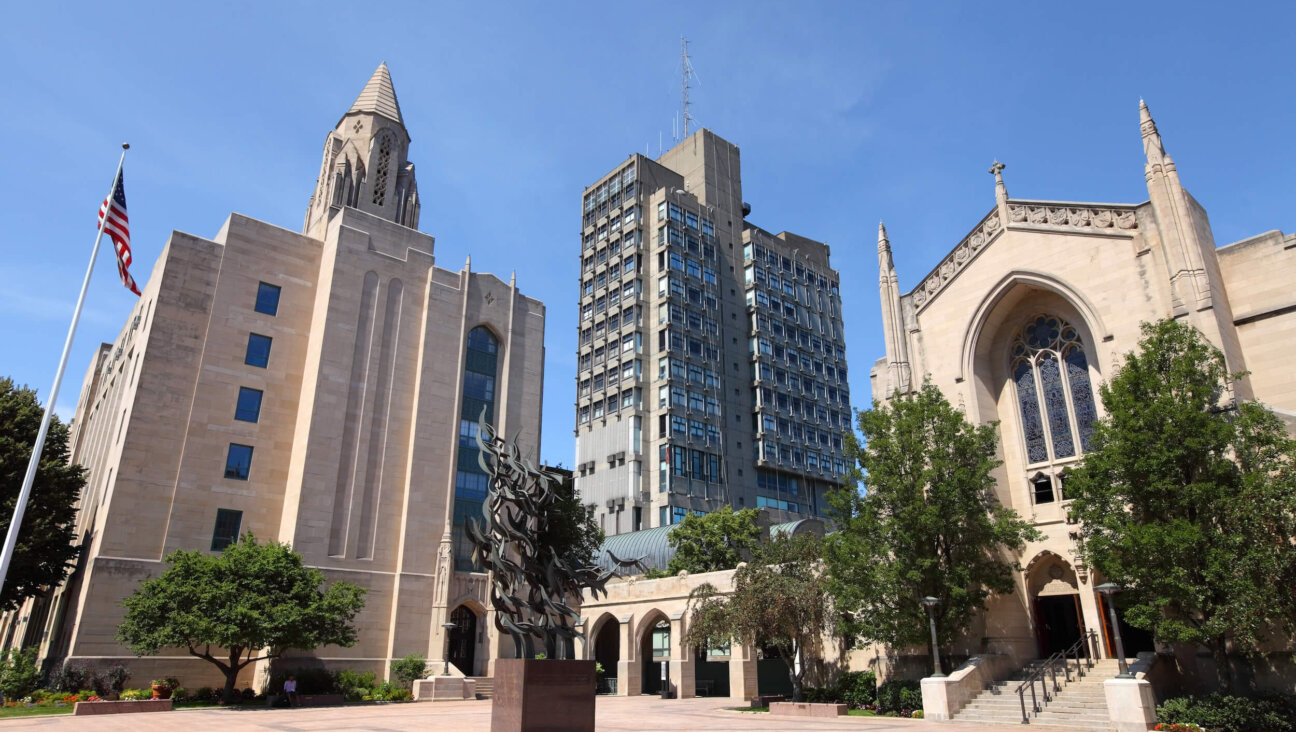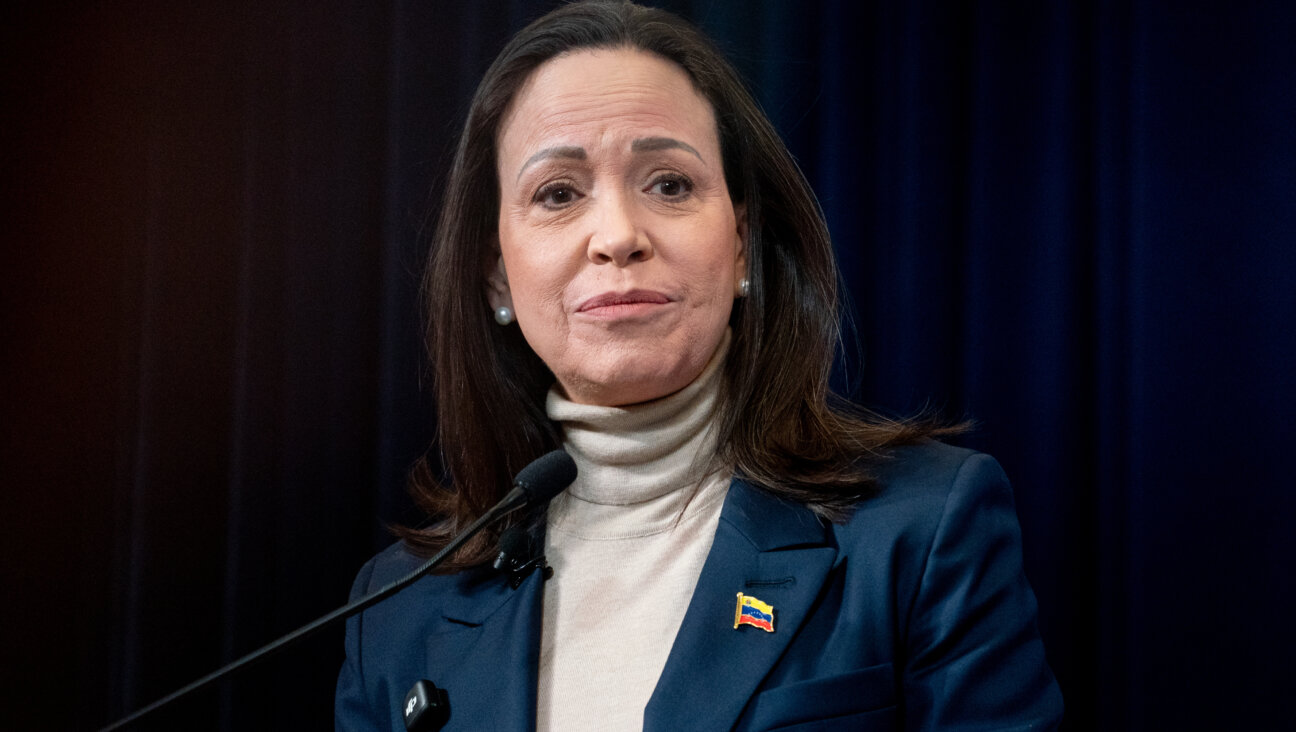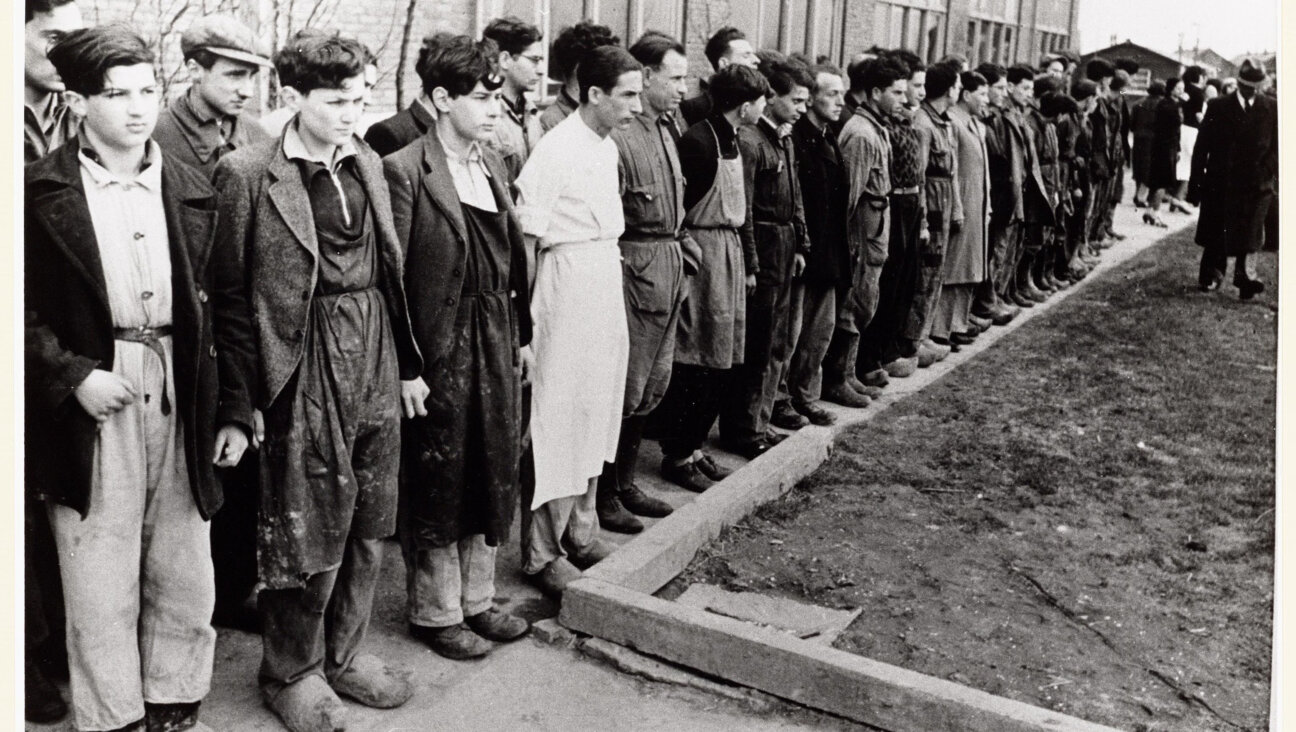Victory in Sharm el-Sheikh
Israel scored a significant diplomatic victory at the Egyptian beach resort of Sharm el-Sheikh in early March, when representatives from more than 70 nations and international organizations gathered to discuss the reconstruction of Gaza. It’s important for Israelis and their friends to recognize what was gained there, and to resist the temptation to sulk over what’s yet to come.
The delegates came at Egypt’s invitation to pledge funds to repair the damage that resulted from Israel’s three-week military assault against Hamas in January. They might have been expected to begin and end with denunciations of Israel and kind words for its enemies. What happened was nothing of the sort.
Instead, the participants endorsed Israel’s most essential demand: that Hamas, the terrorist organization pledged to Israel’s destruction, be shut out of the process. Of the $4.5 billion pledged at the meeting — America’s share is $900 million — somewhere between a third and a half will be spent on Gaza reconstruction. All of it is to be channeled through international relief agencies, to keep it out of Hamas’s hands.
The rest will go to the West Bank, which was not involved in the fighting and doesn’t need reconstruction. That money is meant to rebuild the Palestinian Authority, which recognizes Israel, in order to restore the authority’s challenged stature as the legitimate government in the territories — and as a credible partner for peace talks with Israel.
The conference’s organizers made clear that their goal was not only to repair Gaza’s damaged buildings but to lay the groundwork for renewed Israeli-Palestinian peace negotiations. As Secretary of State Hillary Rodham Clinton told the delegates, “By providing humanitarian assistance to Gaza, we also aim to foster conditions in which a Palestinian state can be fully realized — a state that is a responsible partner, is at peace with Israel and its Arab neighbors, and is accountable to its people.”
This ought to be a moment of deep satisfaction for Israelis. Clinton’s vision — a responsible partner — is what most Israelis hope for, what their government has sought for years. If the world community, as represented at Sharm el-Sheikh, is ready to put its money and muscle behind that vision, Israel should be able to applaud.
Certainly there are grounds for skepticism. The conference called on Israel to open the Gaza border gates wider, to let in building materials. United Nations Secretary-General Ban Ki-moon himself conceded that opening the gates requires effective controls to prevent Hamas arms smuggling, but Israel will need something stronger than a U.N. promise. Moreover, the conference called for Hamas and the Palestinian Authority to form a unity government to pursue peace, something Israel is rightly wary of. Israel needs to be certain that it is negotiating peace with those who will keep the peace.
On the other hand, there are voices here and in Israel urging that Gaza not be rebuilt at all so long as Hamas is in control. Eventually, they say, the suffering Gazans will toss out their unsavory masters. That kind of talk must be rejected. As a tactic, it won’t work; besieged peoples tend to close ranks. More important, administering collective punishment by starving a population to pressure its leaders is wrong — and it’s unworthy of a Jewish state.














